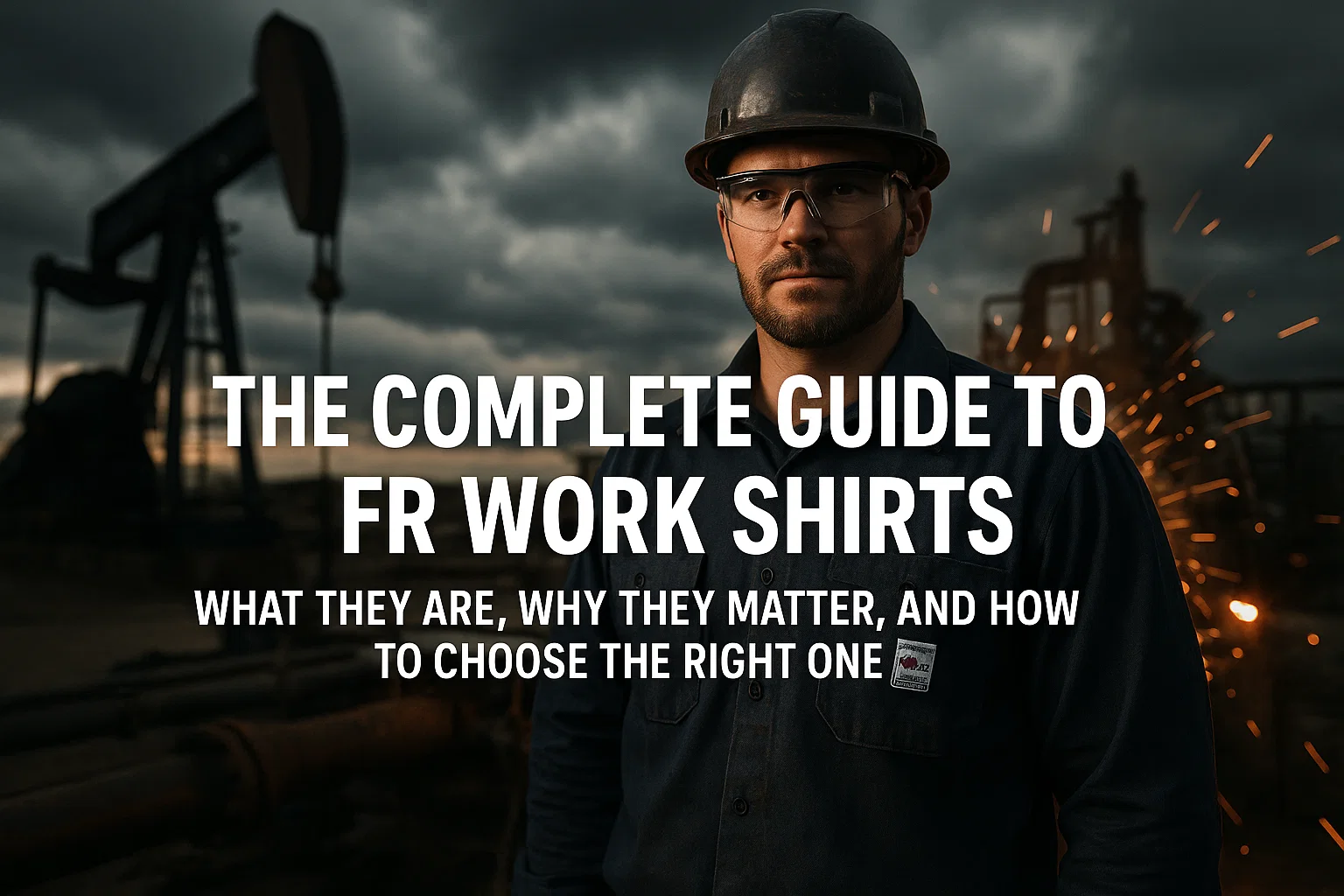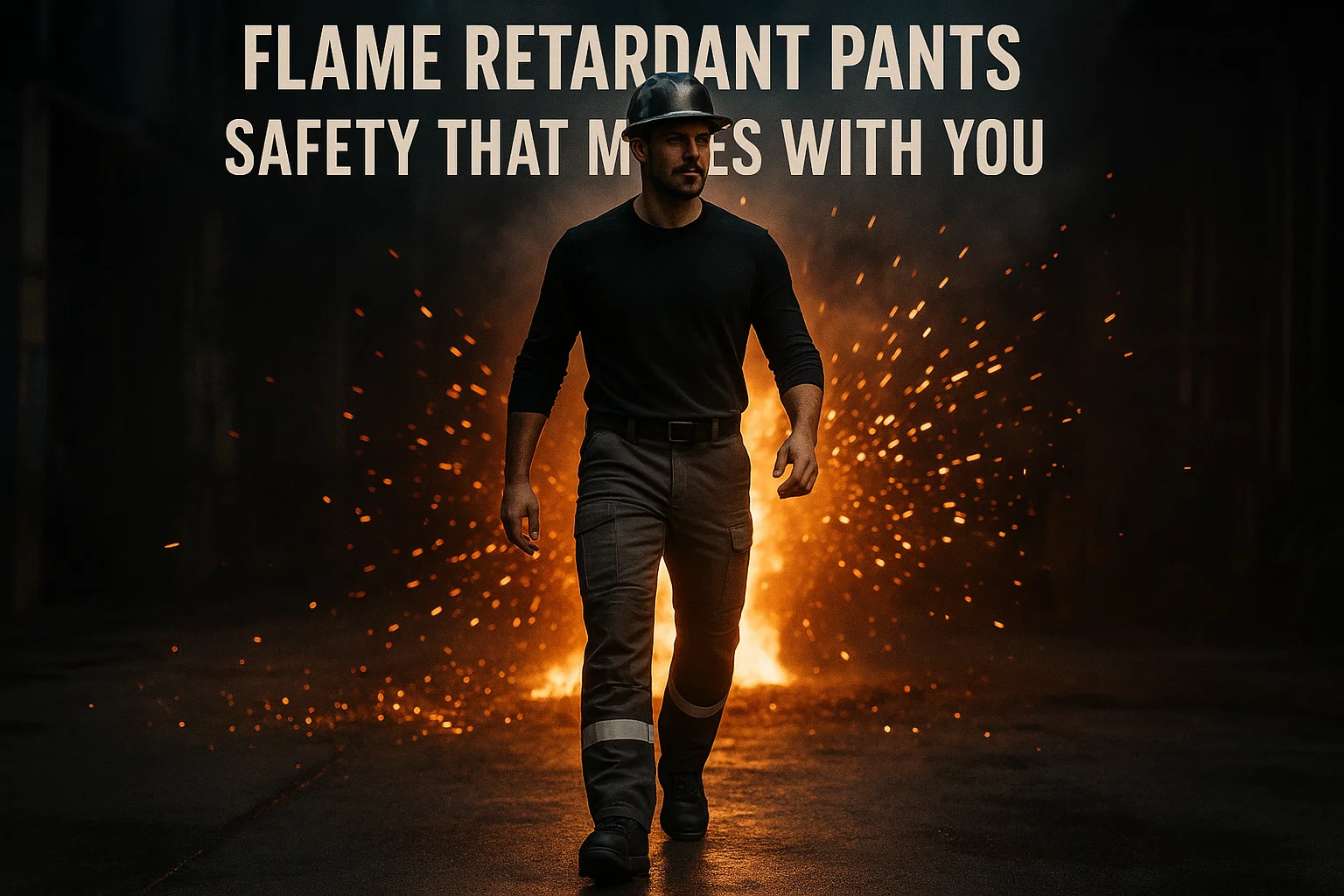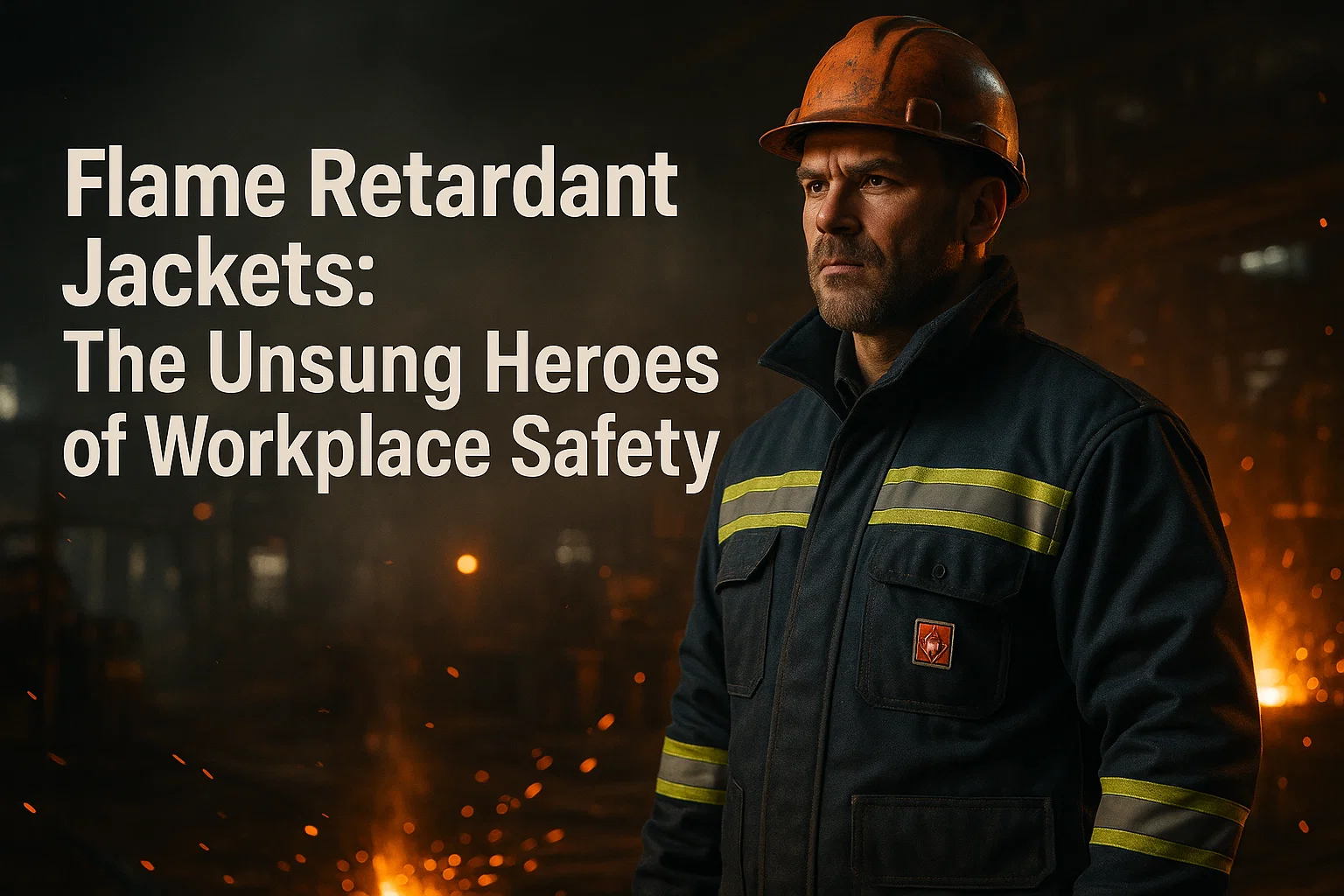Introduction: More Than Just Pants
Industrial work pants aren’t just regular trousers with deeper pockets. They’re purpose-built tools — designed to endure the harshest job sites, withstand wear and tear, and provide you the flexibility and comfort your profession demands. Whether you’re a welder, carpenter, warehouse operator, or factory technician, these pants are your silent partner in productivity.
So, what exactly makes industrial work pants different from your everyday jeans or slacks? Why are so many professionals choosing them as their daily uniform? In this blog, we’ll dive deep into the essential features, types, materials, care tips, and even styling advice to help you make the right choice.
What Makes Work Pants “Industrial”?
Before we dig into brands or fabric blends, let’s get one thing clear — the term “industrial” isn’t just a buzzword. It speaks to performance standards that go beyond what ordinary pants can offer.
Key Industrial-Grade Features:
- Reinforced Stitching: Triple or even quadruple stitched seams resist tearing.
- Heavy-Duty Fabrics: Thick cotton canvas, duck cloth, or blended synthetics that resist abrasion.
- Tool Pockets & Loops: Hammer loops, knee pad slots, and multi-compartment pockets.
- Fire or Arc Resistance: For welders and electricians, some pants meet NFPA or ASTM safety standards.
- Water & Oil Resistance: Essential in manufacturing or automotive work.
These features combine to form pants that can survive where ordinary clothing fails.
Top Fabric Types Used in Industrial Work Pants
Not all work pants are created equal — especially when it comes to fabric. Your choice should match your daily grind.
🧵 1. Cotton Duck Canvas
- Super tough and tightly woven.
- Ideal for carpentry, plumbing, and landscaping.
🧪 2. Polyester-Cotton Blend
- Wrinkle-resistant and easier to clean.
- Great for those in maintenance or warehousing.
🔥 3. FR (Flame Resistant) Fabrics
- Made with treated cotton or modacrylic blends.
- Perfect for welders, electricians, and oil rig workers.
🌧️ 4. Nylon Ripstop
- Lightweight but strong, with built-in tear resistance.
- Used by those in high-mobility jobs like HVAC or roofing.
Each of these materials is chosen with durability, protection, and purpose in mind.
Different Types of Industrial Work Pants
👷♂️ 1. Cargo Work Pants
Equipped with multiple large pockets, these are the go-to for technicians and electricians. You’ll find designated compartments for pliers, measuring tapes, and even tablets.
🦺 2. Hi-Vis Pants
Integrated reflective strips and neon coloring make these pants ideal for roadwork, construction, or nighttime shifts.
🛡️ 3. Flame-Resistant Pants
Designed to comply with NFPA 2112 or ASTM F1506, these protect you from arc flashes or sparks — mandatory for high-risk jobs.
🧰 4. Double-Knee Pants
As the name suggests, they feature reinforced knee panels that resist wear from kneeling or crawling.
🔩 5. Utility Pants
These are your all-in-one pants — tool loops, reinforced crotch gussets, weather resistance, and stretch panels for movement.
Benefits of Wearing Industrial Work Pants
It’s not just about looking the part. These pants are built to support you as you work. Here’s how:
💪 1. Durability That Pays Off
Sure, they may cost more upfront, but industrial work pants last 3–4x longer than standard jeans, saving you money long-term.
👖 2. Designed for Tool Access
Pockets aren’t just randomly placed — they’re strategically sewn for tools you use the most.
🧎 3. Knee and Hip Protection
Padding slots and double-fabric layers reduce long-term strain on joints.
🌡️ 4. All-Weather Performance
Some models are windproof, water-resistant, or even thermally lined for winter.
👷♀️ 5. Professional Look
Let’s face it — looking professional can boost morale and customer trust. These pants project that image.
Best Uses by Industry
Wondering if these are right for your trade? Let’s break it down:
| Industry | Recommended Work Pant Type |
| Construction | Duck Canvas or Double-Knee |
| Automotive Repair | Oil-Resistant Utility Pants |
| Electrical Work | Flame-Resistant Pants |
| Plumbing | Cargo Pants with Water Resistance |
| HVAC Installation | Stretch Nylon Work Pants |
| Welding | Arc-Rated Flame Resistant Pants |
| Landscaping | Canvas or Hi-Vis Work Pants |
Matching pants to your field increases both efficiency and comfort.
How to Choose the Right Pair
With so many options, choosing the perfect pair can be overwhelming. Follow this checklist:
- ✅ Does the fabric match your job’s environment?
- ✅ Are the pockets and loops functional for your toolset?
- ✅ Do you need FR certification or hi-vis?
- ✅ How often will you be kneeling, bending, or climbing?
- ✅ Is breathability or insulation more important for your climate?
If you said “yes” to more than one of these, you may need a hybrid — like insulated double-knee FR pants with cargo pockets.
Care Tips to Extend Lifespan
Just because these pants are built tough doesn’t mean they don’t need care.
🧼 Washing Do’s:
- Turn inside out before washing.
- Use cold or lukewarm water.
- Choose a mild detergent.
- Wash separately from delicates.
❌ Avoid:
- Fabric softeners (they reduce water/oil resistance).
- High-heat drying (shrinks or weakens fibers).
- Ironing FR fabrics (can destroy safety coatings).
🧺 Pro Tip:
Always check the care label. Some industrial pants have embedded technology (like flame resistance) that can wear off if not cared for properly.
Styling Industrial Work Pants: Function Meets Fashion
Believe it or not, industrial workwear is making its way into casual streetwear.
- 👕 Pair with flannel or utility shirts.
- 🥾 Add steel-toe boots for that rugged, outdoor look.
- 🧢 Top with a baseball cap for laid-back professionalism.
Off-duty workers often choose to wear their favorite pair outside of the job site, and brands are taking notice — offering slimmer fits and cooler colors without compromising toughness.
Popular Brands to Consider
If you’re ready to invest, here are a few trustworthy names in the industry:
- Carhartt – Known for duck canvas and durability.
- Dickies – Great balance between price and performance.
- Wrangler RIGGS Workwear – Offers FR and ripstop options.
- Bulwark – Specialists in safety-certified FR clothing.
- Red Kap – Ideal for mechanics and factory workers.
Each of these brands offers variations suited to different needs, budgets, and certifications.
Final Thoughts: Why It All Comes Down to the Right Pair
Industrial work pants are more than just gear — they’re a statement. A statement that says you’re prepared, you’re professional, and you’re serious about your craft.
When you invest in the right pair, you’re investing in your own safety, comfort, and long-term productivity. And while the market is full of flashy options, the key is to find what works for you — whether it’s reinforced knees, FR compliance, or just that perfect stretch that lets you move freely through your day.



